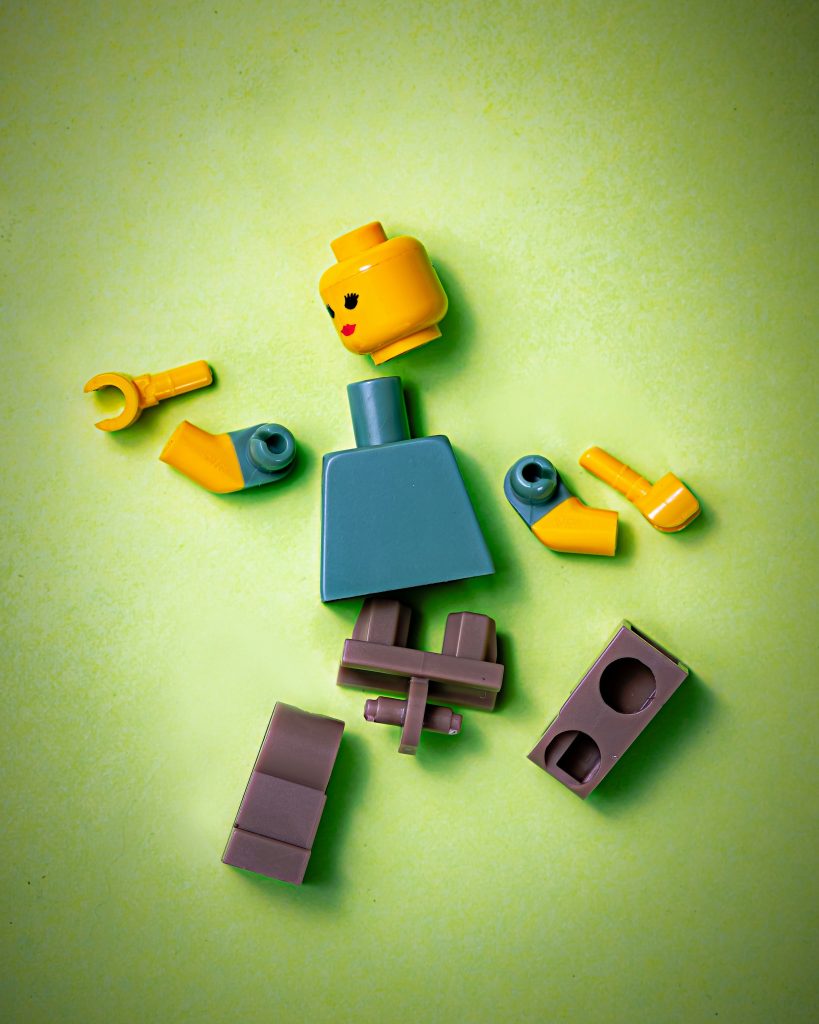
DESIGNED BY UNSPLASH
Mary J. Blige was only five years old when she was sexually abused. The trauma of that experience has followed her all of her life. She blamed herself for the molestation, felt great shame, believed she had no worth, and eventually struggled with alcoholism before finding hope and healing for her childhood trauma.
A quick look in the dictionary will render a simple definition of trauma: a deeply distressing or disturbing experience. The American Psychological Association describes trauma as an emotional response to a terrible event like an accident, rape or natural disaster. There are two types of trauma: big “T” trauma and little “t” trauma. An example of big “T” trauma would be rape or war; this type of trauma threatens one’s very life and safety, and often result in post-traumatic stress disorder (PTSD). Examples of little “t” trauma would be being teased in elementary school, always being picked last for a team, divorce, death of a beloved pet, losing a job, or losing friends by moving during childhood. Although little “t” traumas are more common, they can be just as life-altering as big “T” traumas. The majority of my clients have experienced some degree of trauma and need assistance to overcome the accompanied shock, denial, unpredictable emotions, flashbacks, post-traumatic stress disorder (PTSD), strained relationships and even physical symptoms like headaches or nausea. Although these feelings are normal responses to trauma, they can be quite unsettling and can make it hard to function. To heal from the effects of trauma, it is important to seek help with a properly trained, licensed counselor. The ramifications of not seeking and receiving adequate care can be far-reaching. Mary J. Blige is not the only celebrity who has spoken publicly about their childhood trauma. A short, non-comprehensive list of familiar faces who have faced trauma include Eminem, Missy Elliott, Nicki Minaj, Charlize Theron, Christina Aguilera, 50 Cent, Ashley Judd, Queen Latifah, Jim Carrey, Drew Barrymore, Angelina Jolie, Shania Twain, and even Oprah. It is possible that your neighbor experienced trauma early on in life, or your spouse, or even you yourself! According to the Mental Health Connection, 60% of adults report experiencing abuse or other difficult family circumstances during childhood and a whopping 60% of youth, age 17 and younger, have been exposed to crime, violence and abuse either directly or indirectly. Although some think children and adolescents are too young to remember or be affected by trauma early on in their lives, the above facts provide evidence that people DO remember and are affected by events early in their lives. Every child responds to trauma differently. Some will have no ill effects, while others may suffer immediate and acute effects. Still others may not show signs of stress until some time after the event. According to the Mental Health Connection, those who experience childhood trauma are…- 15 times more likely to attempt suicide
- 4 times more likely to become an alcoholic
- 4 times more likely to develop a sexually transmitted disease
- 4 times more likely to inject drugs
- 3 times more likely to develop depression
- 3 times more likely to have serious job problems
- 2.5 times more likely to smoke
- 2 times more likely to have a serious financial problem

